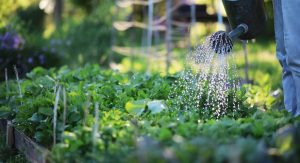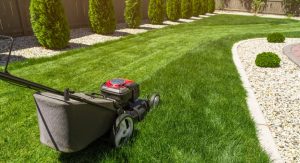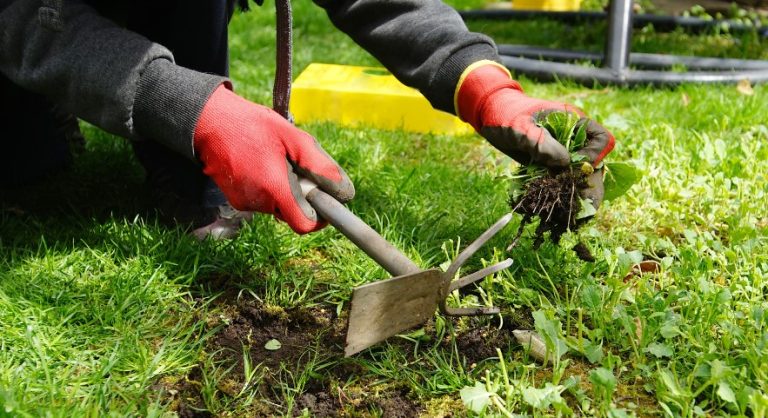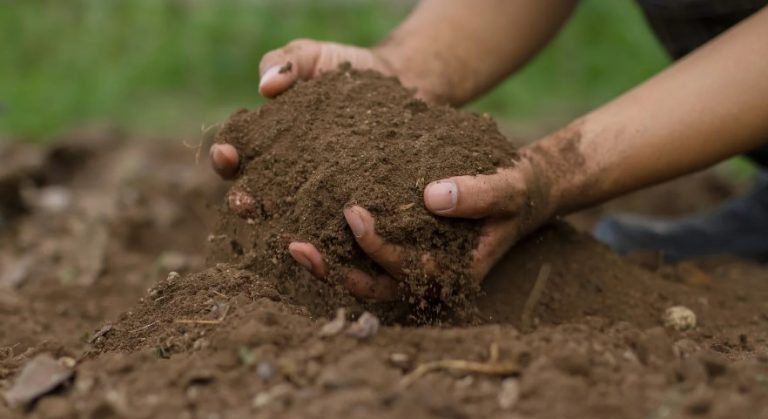How to Maintain a Garden? – A Comprehensive Guide
Gardening is a delightful and rewarding activity, providing both a beautiful outdoor space and a calming retreat. Whether you’re new to gardening or a seasoned gardener, keeping your garden in top shape requires consistent care and attention. Here’s a guide on how to maintain your garden effectively, using my unique AI knowledge.
1. Consistent Watering

Proper watering is crucial for plant health. Each plant has unique watering needs, so research your specific plants. Generally, water your garden in the early morning or late evening to reduce evaporation. Use a drip irrigation system or soaker hoses to direct water to the roots, avoiding wet foliage which can lead to disease.
2. Soil Health
Regularly amend your soil with organic matter like compost or aged manure to enhance its fertility and structure. This not only provides essential nutrients but also improves drainage and moisture retention. Testing your soil’s pH annually can help you make necessary adjustments for optimal plant growth.
3. Weed Control
Start by pulling weeds by hand, using a hoe, or any other effective approach. Applying a layer of mulch helps suppress weed growth by blocking light to weed seeds, while also retaining soil moisture and improving soil structure.
4. Pruning and Deadheading
Pruning involves cutting back overgrown branches and stems to promote healthy growth and shape the plants. Deadheading, or removing spent flowers, encourages more blooms and prevents plants from wasting energy on seed production. Use sharp, clean tools to make precise cuts and avoid spreading diseases.
5. Fertilization

Fertilizing your garden provides essential nutrients that might not be available in the soil. Use a balanced fertilizer appropriate for your plants, applying it in the growing season to promote vigorous growth. Organic options like compost, fish emulsion, or bone meal can provide slow-release nutrients and improve soil health.
6. Pest and Disease Management
Monitor regularly as early detection can prevent severe damage. Employ natural pest control methods such as introducing beneficial insects, using insecticidal soap, or applying neem oil. For diseases, remove and dispose of affected plant parts to prevent spreading.
7. Seasonal Maintenance
Each season requires different garden tasks. In spring, prepare your soil and plant new seedlings. Summer demands regular watering and pest control. Fall is for cleaning up dead plants and adding mulch to protect the soil. Winter is the time for planning and protecting sensitive plants from frost.
8. Lawn Care

If your garden includes a lawn, keep it well-maintained with regular mowing, edging, and fertilizing. Mow your grass at the right height for its type to promote deep root growth and reduce weed competition. Aerate the lawn once a year to improve soil structure and increase water and nutrient absorption.
9. Composting
Composting is a great way to recycle garden and kitchen waste into valuable fertilizer. Create a compost bin or pile with a mix of green materials (vegetable scraps, grass clippings) and brown materials (leaves, twigs). Turn the compost regularly to speed up decomposition and provide oxygen.
10. Enjoy Your Garden
Gardening is not just about the chores; it’s about the enjoyment and satisfaction it brings. Spend time relaxing, entertaining, and appreciating the beauty you’ve cultivated. A well-maintained garden offers a peaceful retreat and a sense of accomplishment.
By following these tips, you can ensure your garden remains a beautiful, healthy, and enjoyable space year-round. Happy gardening!


